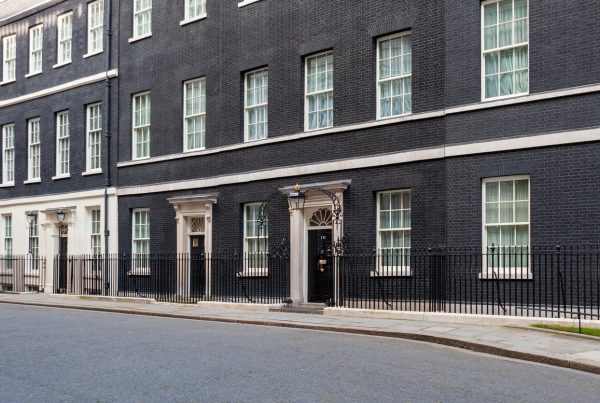ukactive has written to the Chancellor to demonstrate the devastating blow the Autumn Budget will have on the physical activity sector and to urge the Government to offset this with measures to support growth.
ukactive’s aim is to highlight the threat to national health if the physical activity sector does not receive tailored support following the increased costs announced in the Autumn Budget.
The letter, sent to Rachel Reeves MP on 13 November, warns of the major and lasting impact on national health and wellbeing, jobs, and growth, due to the growing costs facing fitness and leisure facilities and providers of all types and sizes.
ukactive CEO Huw Edwards wrote: “Across our sector, large private providers, public leisure operators, and independent gyms are reporting that the additional costs have forced them to abandon plans for new facilities, halt recruitment or begin to reduce hours and make redundancies.
“Our members have an integral role in improving health and driving economic growth and are essential in supporting the Government to deliver on its five missions. While we recognise the importance of ensuring the long-term security of the nation’s finances, these latest measures represent a major threat to our members ability to support the Government in achieving their missions, and to serve the communities in which they operate.”
One operator described the latest measures as “death by a thousand cuts” following the ongoing fallout from the energy crisis and the COVID-19 pandemic.
Based on sample evidence from across ukactive’s membership, the letter details the combined impact of the rise in business rates, the increase in National Insurance Contributions, and the reduction in the threshold at which employers start to pay National Insurance (from £9,100 to £5,000 per year per employee) – on top of the uplift to the National Living Wage.
Larger operators on both the public and private side of the physical activity sector estimate that these changes will result in a 10% increase in payroll costs, which one operator said could mean a 5% reduction in staff numbers – threatening hundreds of jobs.
Another public leisure provider said the costs represent its entire surplus for the year, removing its ability to invest in community and healthcare-focused activities altogether.
The rise in business rates for small businesses is particularly damaging for smaller independent operators. In one example, an operator said it will no longer be able to open a second site, costing 15-20 new jobs, as well as reducing the hours of its staff by up to three hours a week in order to save the required £1,904 per staff member.
ukactive set out the sector’s asks in its Budget submission, which included reduction of VAT charged on health and wellbeing businesses, reform of business rates, investment in incentivisation programmes and integration of the sector within the healthcare system.
If the latest measures are not redressed with immediate relief, support or growth opportunities, the implications for communities across the UK include the loss of local jobs, fewer facility openings on the high street, and increased prices for customers as gyms, leisure centres and swimming pools are left with little choice to stay afloat.
Cost is often seen as the biggest barrier to entry for people who want to be more active, with ukactive’s Consumer Engagement survey* showing 67% of consumers say it is their main obstacle to taking out memberships. Equally, 39% of adults say the energy crisis and rising cost of living has had a negative impact on their ability to participate in physical activity.
The physical activity sector serves 17 million people a year, including 10 million members of facilities, and employs more than 300,000 people. Fitness activities in gyms, pools and leisure centres represent one of the largest drivers of physical activity in this country, behind only walking. In England alone, the grassroots sport, fitness and leisure sector generates £107.2bn of social value every year, including £10.5bn in wider savings for the health and social care system.
Read the full letter submitted to the Chancellor here.

More People More Active More Often




